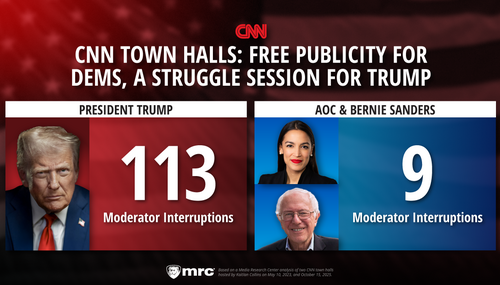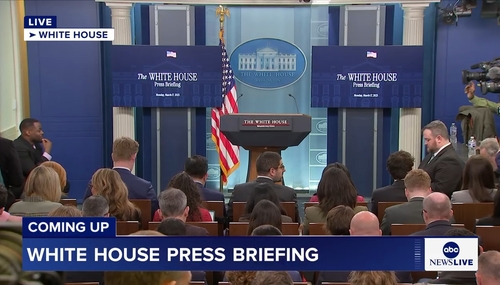Over at Opinion Journal, James Taranto adds his two cents and research to the question of ABC executive producer John Green's e-rant against Bush making him sick for hitting a "mixed messages" talking point in the first presidential debate on September 30, 2004:
We went back and reviewed the debate transcript, and it turns out that Kerry was the first to talk of "mixed messages." Here are all the times the phrase appeared during the debate
Kerry: Jim, let me tell you exactly what I'll do. And there are a long list of thing. First of all, what kind of mixed message does it send when you have $500 million going over to Iraq to put police officers in the streets of Iraq, and the president is cutting the COPS program in America? . . .
Kerry: You can't tell me that on the day that we went into that war and it started--it was principally the United States, the America and Great Britain and one or two others. That's it. And today, we are 90 percent of the casualties and 90 percent of the costs. And meanwhile, North Korea has got nuclear weapons. Talk about mixed messages. . . .
Bush: You cannot lead if you send mixed messages. Mixed messages send the wrong signals to our troops. Mixed messages send the wrong signals to our allies. Mixed messages send the wrong signals to the Iraqi citizens. . . .
Kerry: Right now the president is spending hundreds of millions of dollars to research bunker-busting nuclear weapons. The United States is pursuing a new set of nuclear weapons. It doesn't make sense. You talk about mixed messages. We're telling other people, "You can't have nuclear weapons," but we're pursuing a new nuclear weapon that we might even contemplate using.
Bush's use of the phrase has the virtue of making sense, whereas Kerry's first use is totally incoherent (what the heck is "the COPS program," anyway), and his other uses seem to have things backward (i.e., if only America were more restrained, the North Korean regime would be perfectly nice).
Green's message was a highly impulsive reaction to Bush's statement about "mixed messages." According to our DVD of the debate, Bush first said "mixed messages" at 10:12:12 p.m. EDT and last said it 12 seconds later. We're assuming Green did not actually puke and thus began composing his message--sent from a BlackBerry--after the final mention. The message was sent at 7:13:07 p.m. PDT, so that it took him at most 43 seconds to pound it out with his thumbs.
Anyway, maybe his objection was rhetorical, not substantive. Journalists, after all, are trained to be concise. We typically don't like repetition, have little use for redundancy, and consider it bad form to repeat ourselves over and over and over. For example, a journalist would never write the following:
What does it mean in America today . . .? . . . America can do better. So tonight we say: help is on the way. . . .
What does it mean . . .? . . . America can do better. And help is on the way. . . .
What does it mean . . .? . . . America can do better. And help is on the way. . . .
What does it mean . . .? . . . America can do better. And help is on the way. . . .
What does it mean . . .? . . . America can do better. And help is on the way.
This is from Kerry's 2004 Democratic Convention speech, another example of the use of repetition in political rhetoric. If Green wants to show he's not a partisan, all he has to do is release the contemporaneous e-mails he wrote about the emetic qualities of Kerry's speech.
I also recommend scrolling up to his lead item on ABC's latest reporting on Iraq documents and Osama bin Laden.




